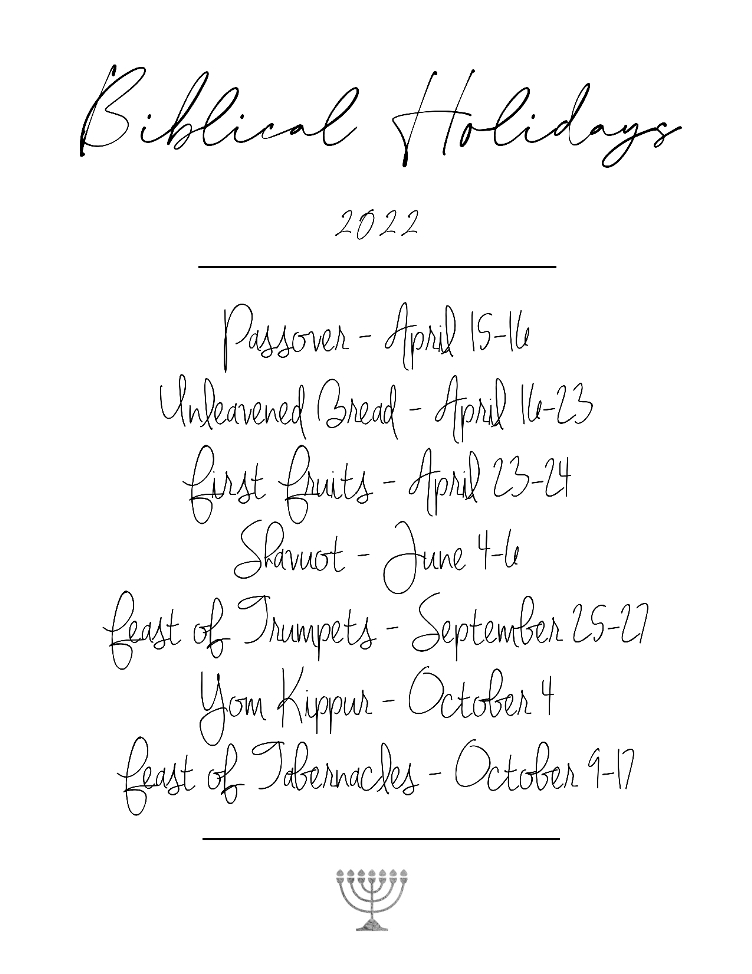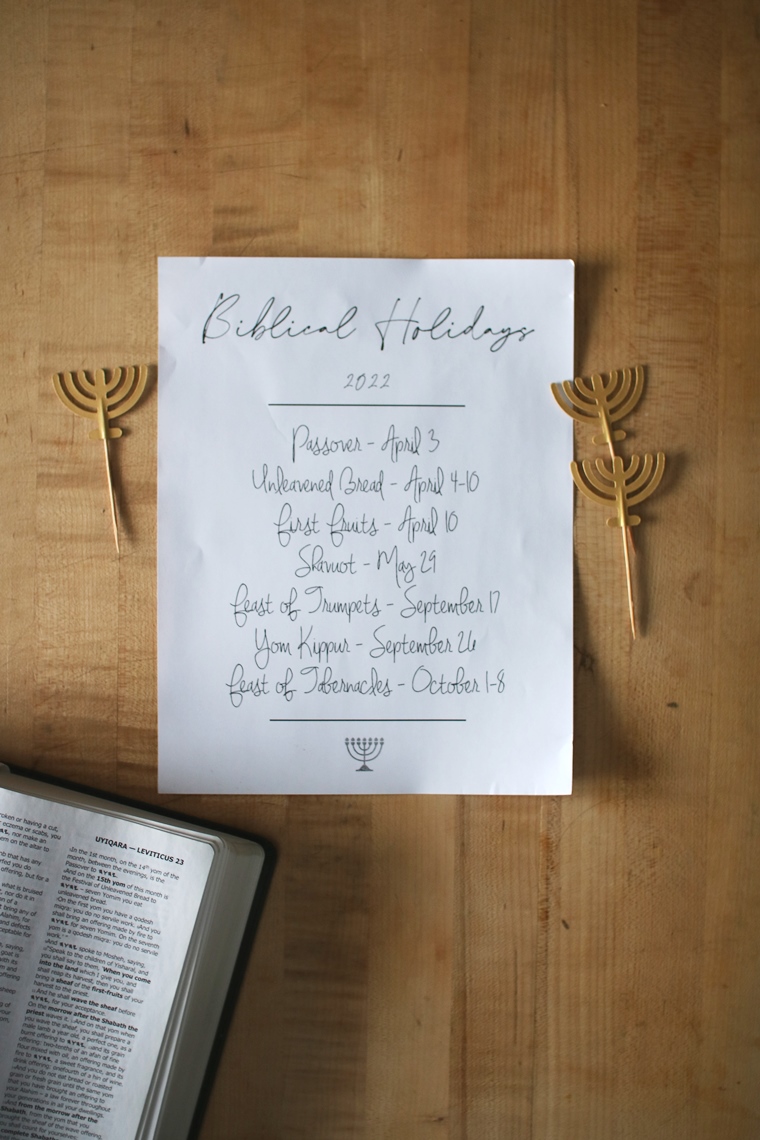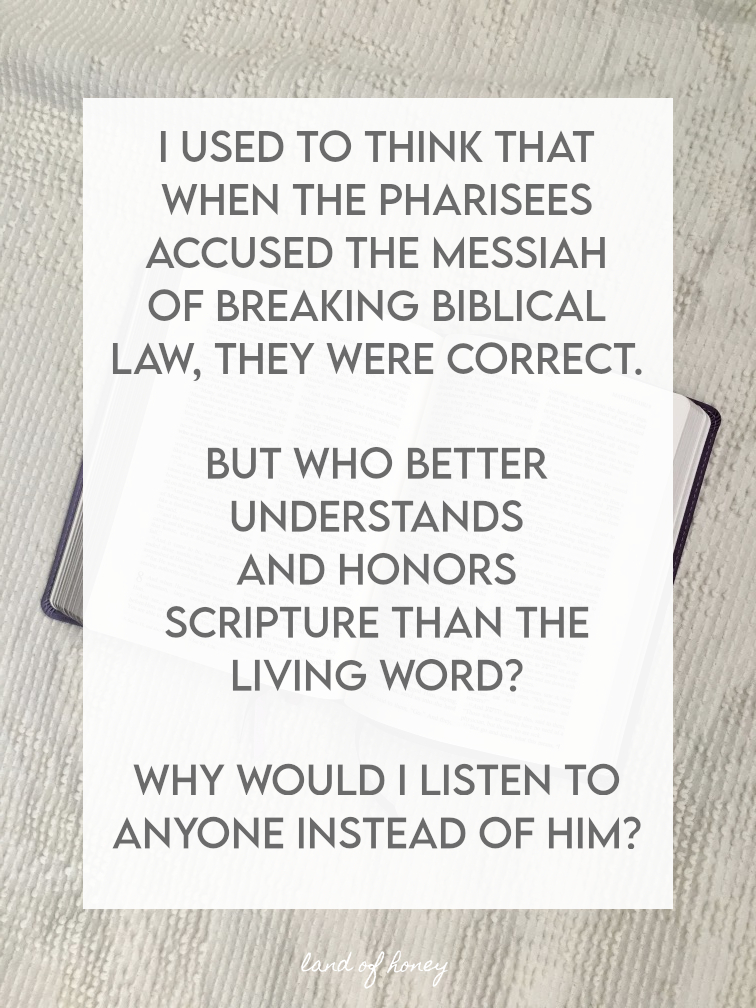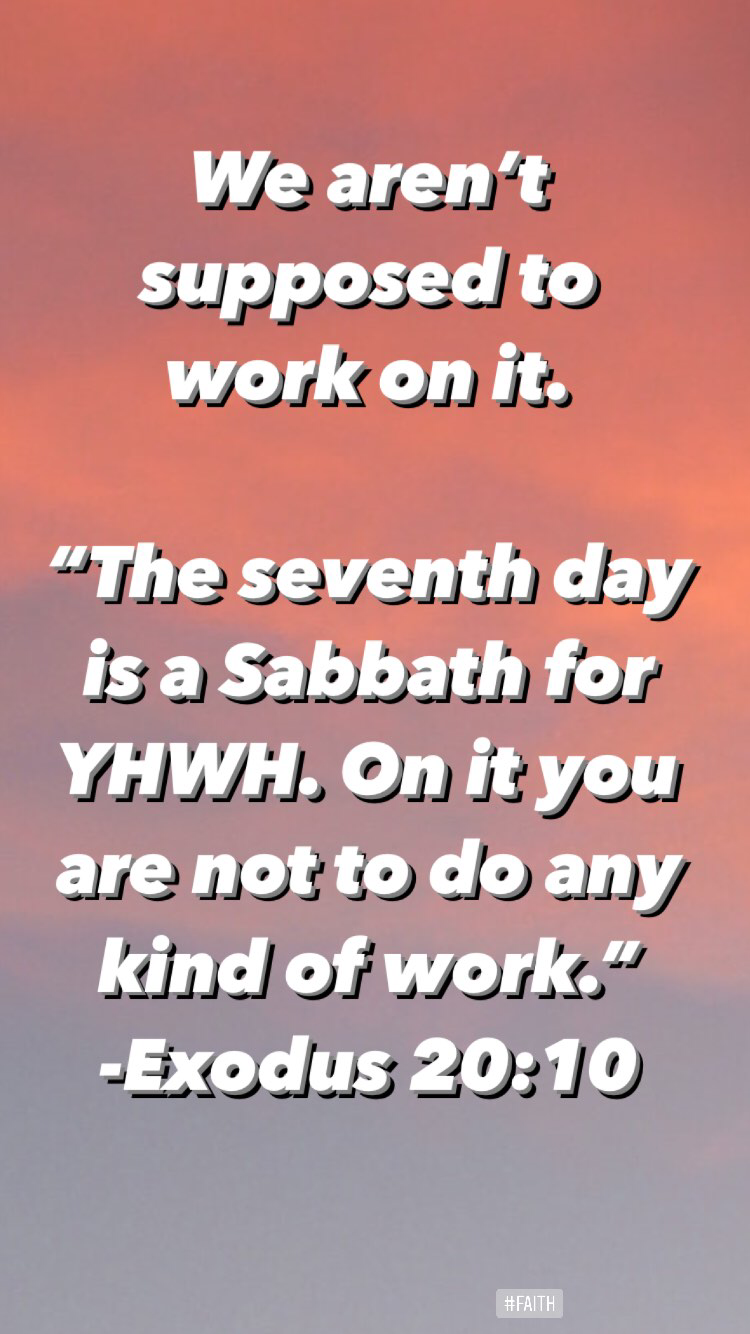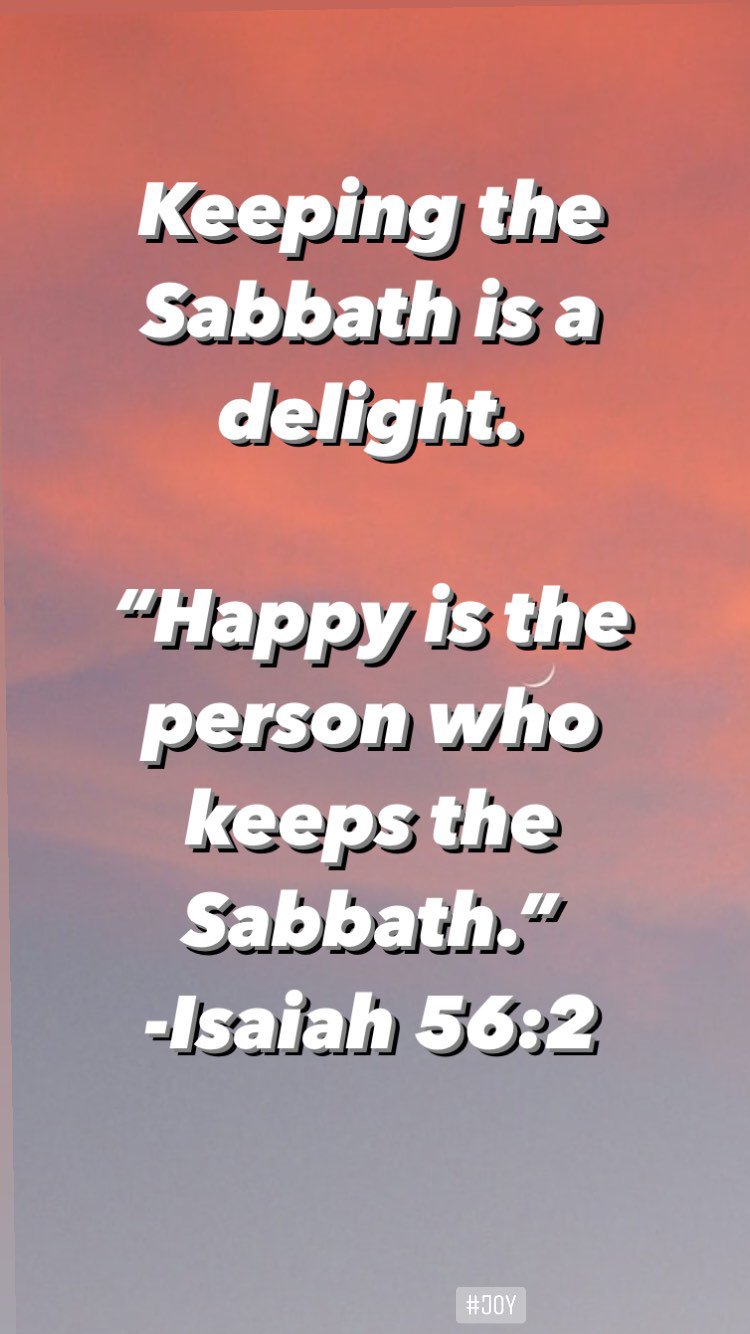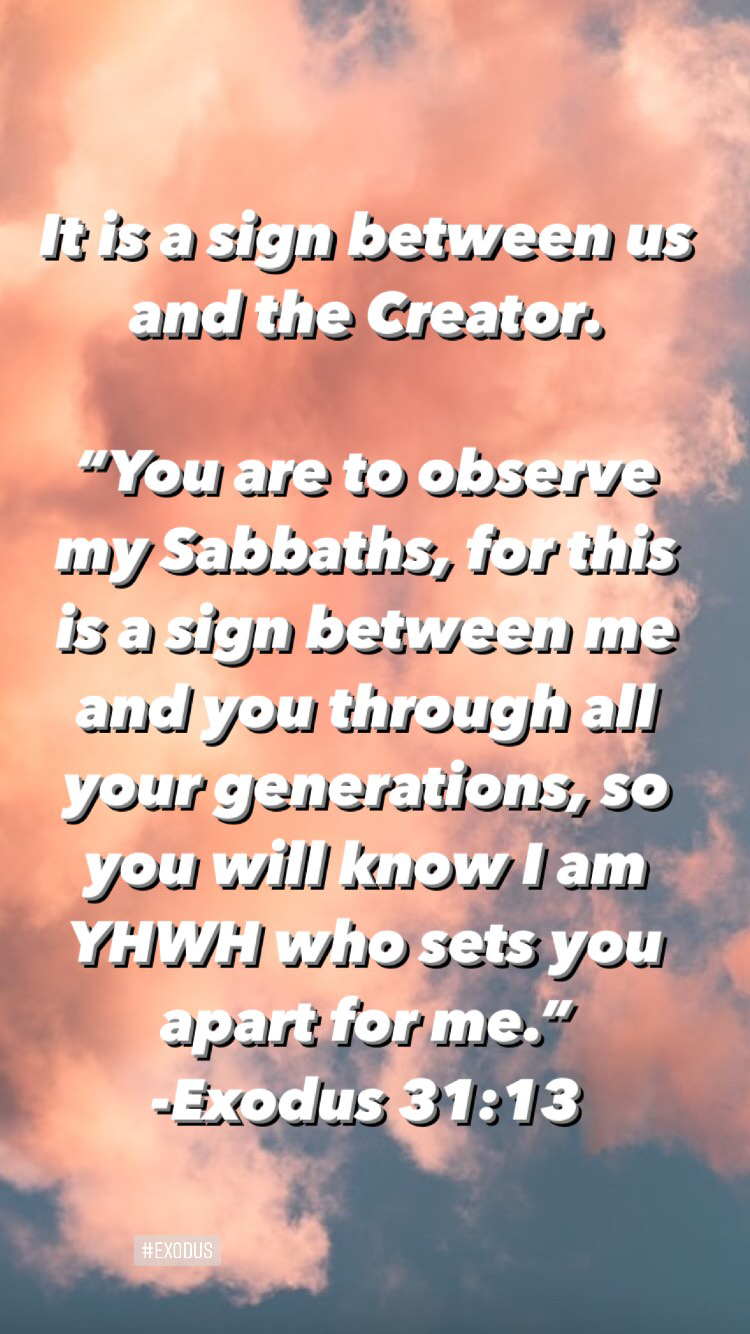These are the dates for when the Biblical holidays land in 2022! As usual, here is a free printable for you to stick in your planner, on your fridge, desk, or wherever else so that you can be sure to free up these days to celebrate the set apart times of our Creator. All of these holidays are significant, and honoring them will cause your faith to grow tremendously! Some of these days are called Sabbaths in Scripture, which means we are not to do any work on those days and otherwise treat them as the weekly Sabbath. I've made a note of those days so that you can plan accordingly.
Once again I'm giving you two different sets of dates. There are many calendars out there that believers observe, and my goal is not to convince you of which one to pick. I share these two because they are the most common amongst people I know. I would encourage you to pick a calendar and go with it. If you have a congregation, going with their dates gives you a chance to celebrate with community, which I am all for. As always, pray about how you should live and be willing to make changes and adjustments as your faith grows and you learn more.
Traditional calendar:
The traditional calendar has days going from sundown to sundown. Holidays start at sundown on the day listed. For example, Passover starts at sundown on April 15 and ends at sundown the next day, on April 16. The traditional calendar also gives an extra day for Shavuot and Yom Teruah, though Scripture treats both as one-day holidays.
Passover - April 15-16
Unleavened Bread - April 16-23
First Fruits - April 23-24
Shavuot - June 4-6
Feast of Trumpets - September 25-27
Yom Kippur - October 4
Feast of Tabernacles - October 9-17
Sabbath days:
First day of Unleavened Bread - April 16-17
Last day of Unleavened Bread - April 23-24
Shavuot - June 4-6
Feast of Trumpets - September 25-27
Yom Kippur - October 4-5
First day of Sukkot - October 9-10
Last day of Sukkot - October 16-17
Click here to download the printable for the traditional calendar dates for the Biblical holidays.
Torah to the Tribes' calendar:
This calendar uses daylight to daylight dates. This means Passover starts at daybreak on April 3 and ends at daybreak April 4, which is the start of Unleavened Bread.
Passover - April 3
Unleavened Bread - April 4-10
First Fruits - April 10
Shavuot - May 29
Feast of Trumpets - September 17
Yom Kippur - September 26
Feast of Tabernacles - October 1-8
Sabbath days:
First day of Matzah Week - April 4
Last day of Matzah Week - April 10
Shavuot - May 29
Yom Teruah - September 17
Yom Kippur - September 26
First day of Sukkot - October 1
Last day of Sukkot - October 8
A note about Sabbath days.
As mentioned, certain Biblical holidays are to be treated as we would the weekly Sabbath. That means taking time off of professional work, and as many normal household chores and tasks as possible. We don't shop on the Sabbath or run errands. For more about this see this post. We should prioritize having these days off from work. The other holidays we are not required to treat as Sabbaths and are free to work or get groceries. If possible, I would encourage you to take these days off of work as a way to change your pace and have fun with the Biblical set apart times.
Whatever calendar you go by, now is the time to plan your schedule and put in for time off from work so that you can enjoy these set apart times.
Related posts:
The Beginner's Guide to the Biblical Holidays
Why I Started Celebrating the Biblical Feasts
What is No-Work Day?

